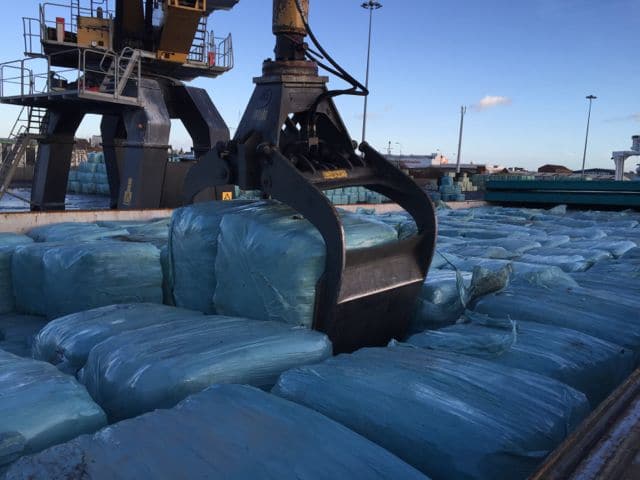
An email, seen by letsrecycle.com, was sent out to stakeholders by the Environment Agency last month, and sought views on the refuse derived fuel (RDF) definition.
The definition as put forward by the Agency defines the material as: “a fuel produced from residual waste that meets an end user contractual specification for recovery at an energy from waste facility”.
In the email, the Agency emphasises that it does not wish to prevent the production of RDF for appropriate and permitted use in the UK or elsewhere, and that it wants to ensure that entry to the market “is constrained to those who are producing RDF for a genuine recovery end use, with an end user contractual specification in place, and not on a speculative basis without concern for final destination”.
It explains that the draft definition is “therefore concise within those terms” and hopes that the statement “will clarify RDF sufficiently to enable both operators and regulators to understand when they are dealing with RDF for energy/heat recovery and residual waste that has no recovery end use”.
[testimonial id = “269” align=”right”]
It follows Defra’s March 2014 call for evidence on the UK’s RDF market, after which the Department said it would develop a written definition of RDF and standards for its treatment, but intended to leave precise specifications for composition of the material up to end-users (see letsrecycle.com story).
Sustainable Resources Forum
Release of the draft definition follows a recent report compiled by the Sustainable Resource Forum earlier this month, which argues against minimum standards for RDF composition.
Sponsored by RDF exporter Andusia Recovered Fuels Ltd, the Forum’s report – ‘Waste’ Exports: Where Are We Now? Policy Direction for RDF and SRF’ – suggests the success of the RDF and SRF export market is not damaging the UK’s potential to invest in capacity to use the material domestically.
The report makes a series of recommendations– such as better enforcement of existing regulations to cut waste crime and more government intervention to develop the UK’s domestic EfW capacity – but stresses that these measures “should not be to the detriment of the current exports market”.
The Sustainable Resource Forum is one of a number of groups – including the All Party Parliamentary Sustainable Resources Group (APSRG) – which form the network of policy groups coordinated by think tank Policy Connect.
As well as Andusia, other members of the Forum include Cory Environmental, Costain, Suez, Shanks Group, Veolia Environmental Services, GemiUK Ltd, Grundon Waste Management.
For an in-depth look at the UK’s RDF industry, join us in November for the 2015 RDF Conference.







Subscribe for free